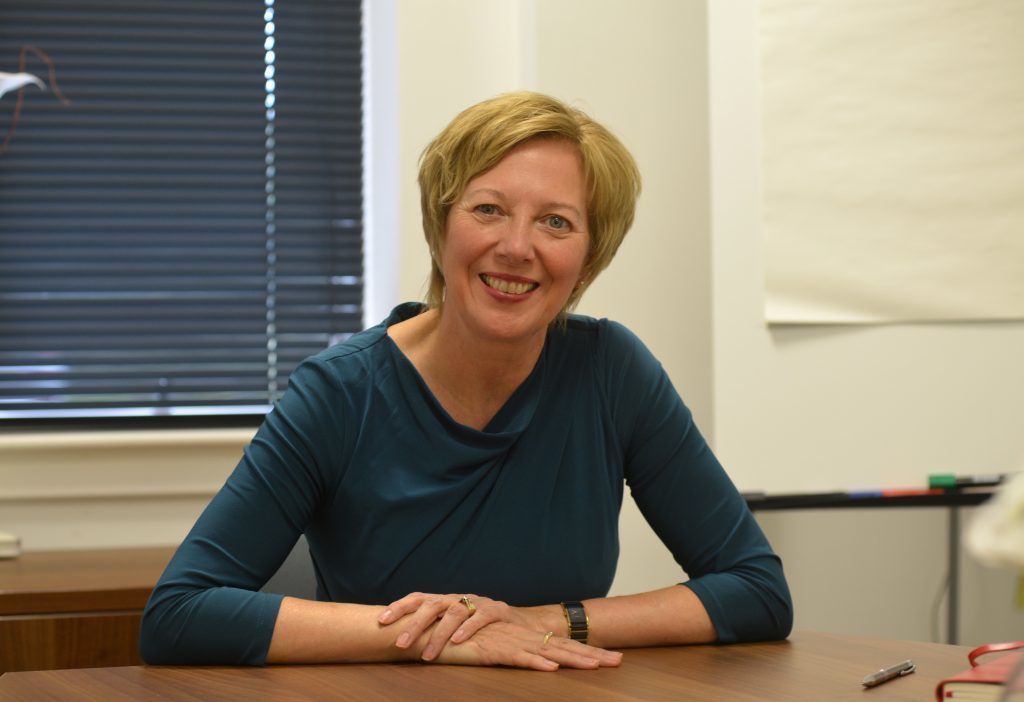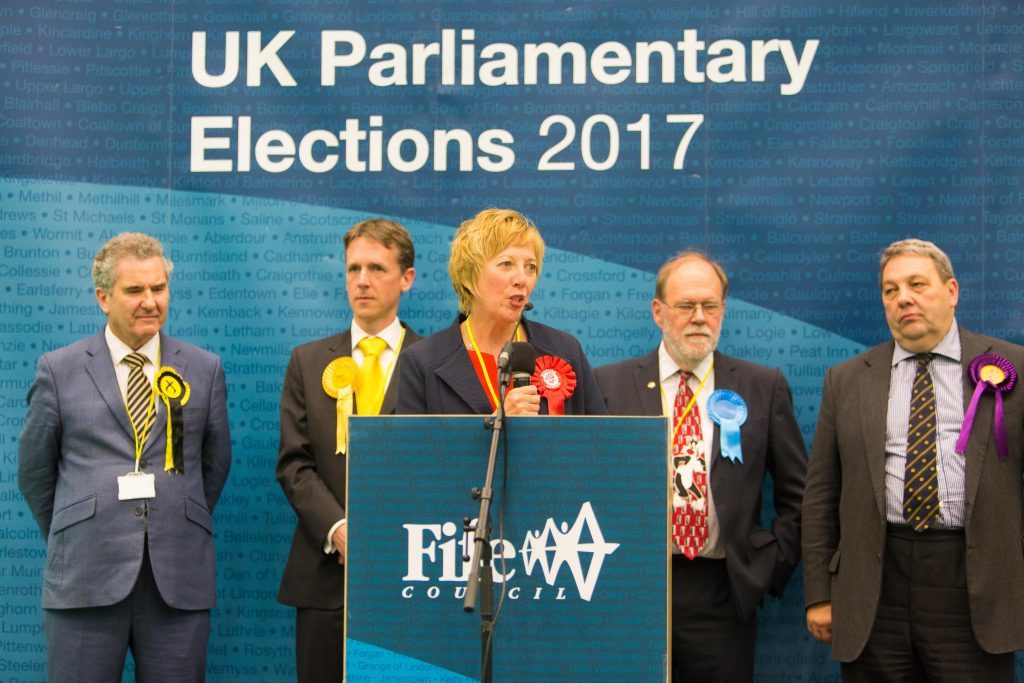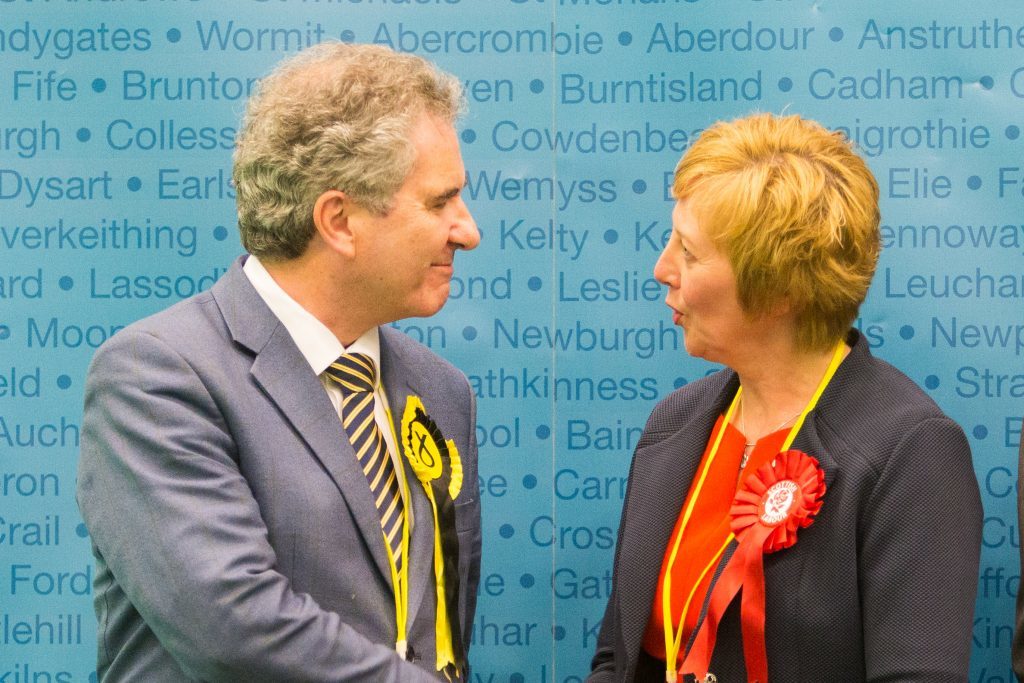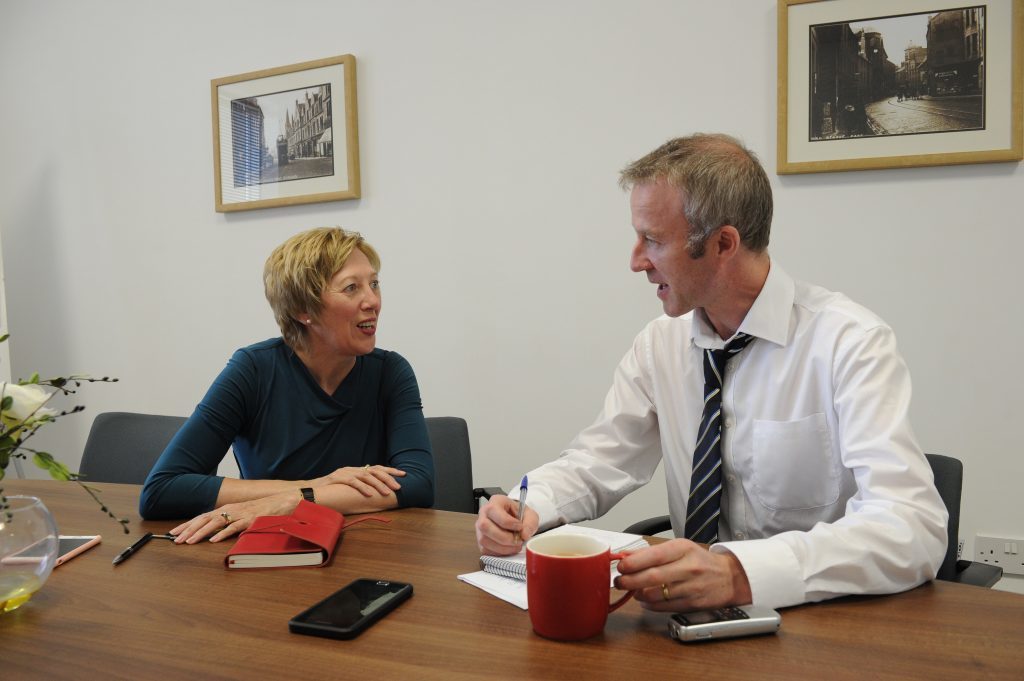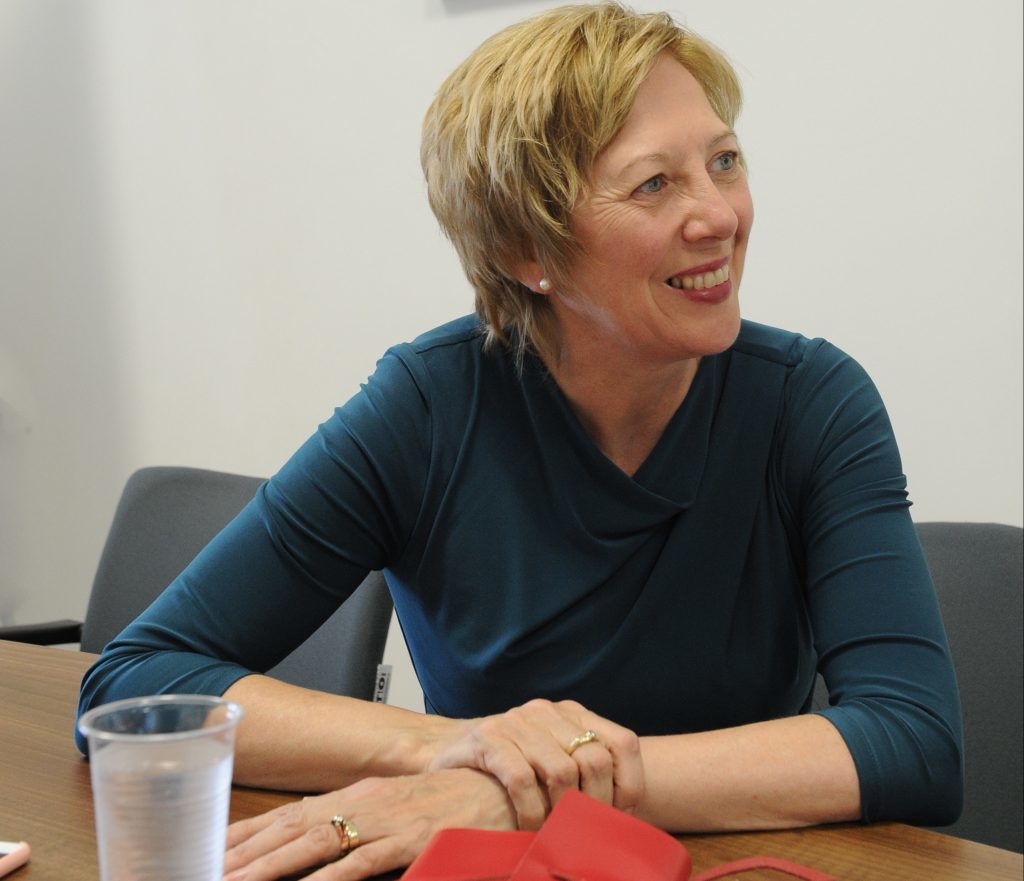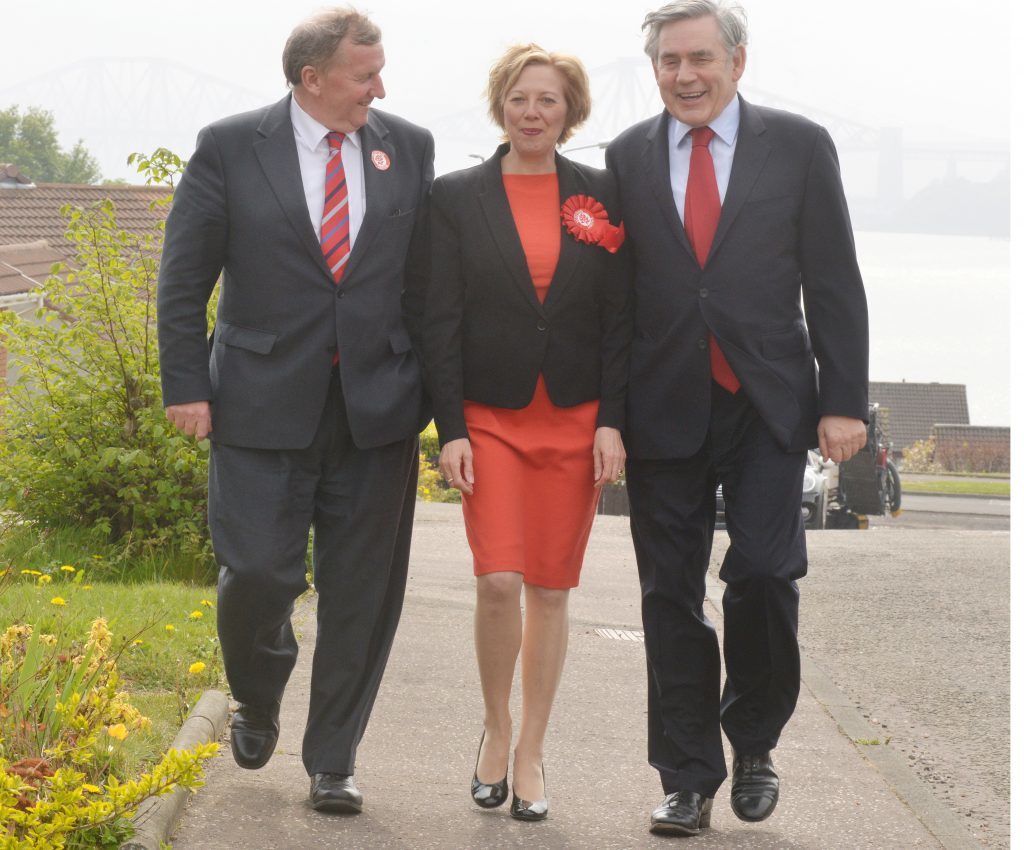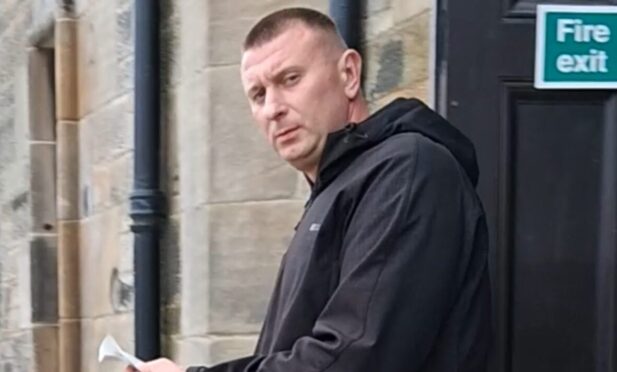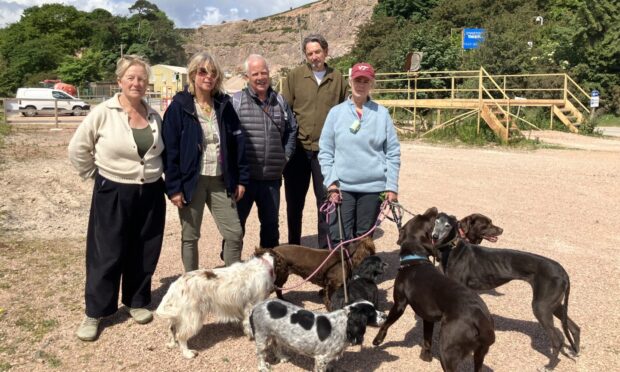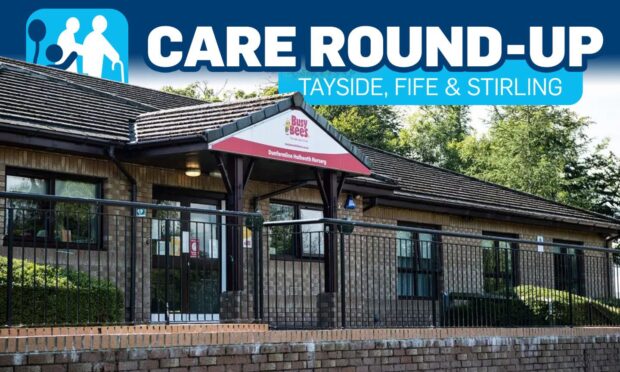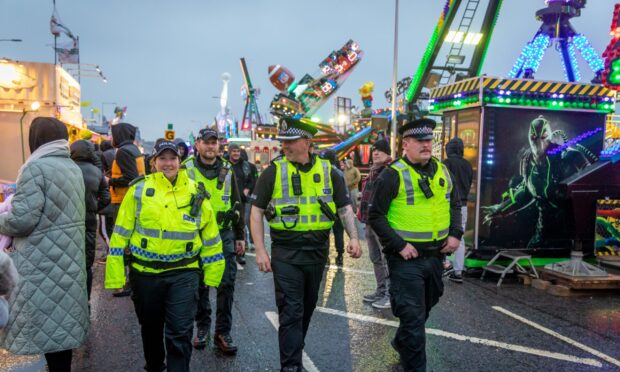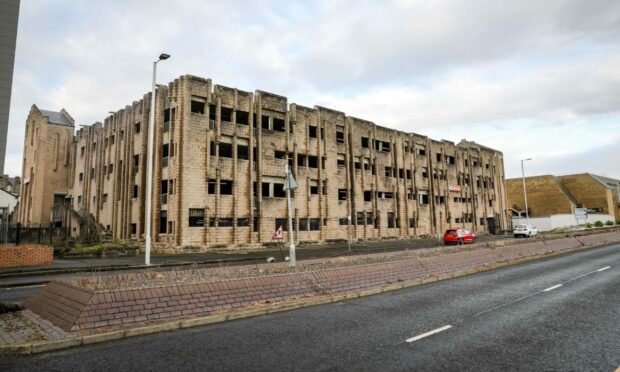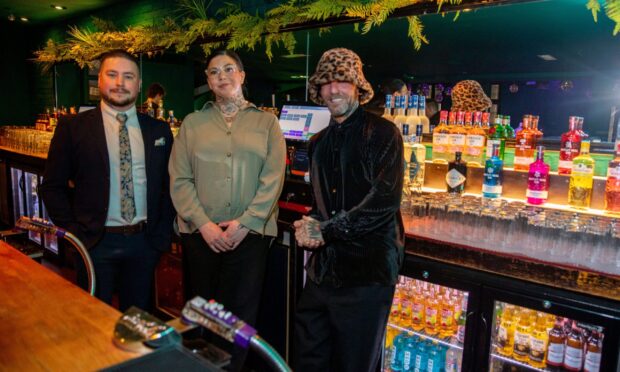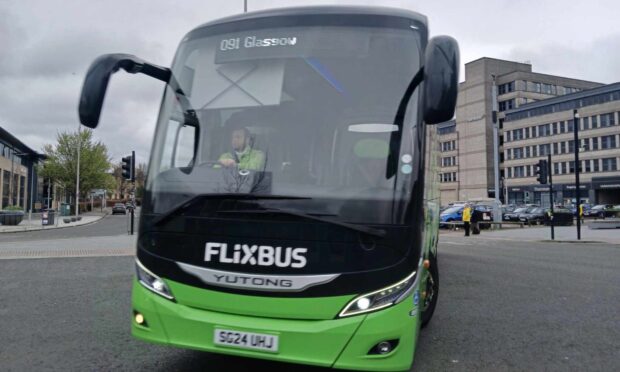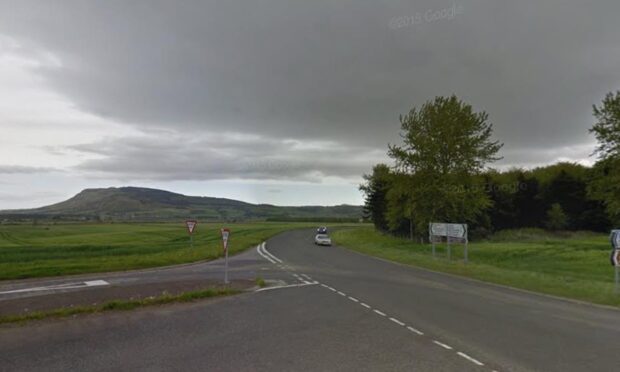In the second of our special interviews with new MPs in Courier Country, Michael Alexander speaks to Kirkcaldy and Cowdenbeath Labour MP Lesley Laird who has been appointed Shadow Scottish Secretary.
Fife councillor and Labour candidate for Kirkcaldy and Cowdenbeath Lesley Laird was driving with a friend on the A92 at the Redhouse Roundabout near Kirkcaldy on the night of June 8 2017 when Fife Council Labour leader David Ross phoned her to ask where she was.
He’d been texting her at home all evening to give updates on the general election count taking place in Glenrothes.
Then he told her: “Get here quick because you’ve won!”
Lesley, who had been in the midst of the Fife Council elections when the snap election was called six weeks earlier, arrived at the Michael Woods Sports and Leisure Centre just in time for the returning officer’s announcement that she had overturned SNP MP Roger Mullin’s majority of 9,974 and won back Gordon Brown’s old seat for Labour with a majority of 259.
Lesley, one of seven Scottish Labour MPs elected, puts her victory down to the ‘hopeful’ Labour manifesto which aimed to tackle issues such as low pay, zero hours contracts – and she also detected a “mood change” on the doorsteps whereby many folk, she says, were “scunnered” at the prospect of a second Scottish independence referendum.
The 58-year-old, who only entered politics as a Fife councillor for Inverkeithing, Aberdour and Dalgety Bay in 2012, admits the campaign was all a bit of a “whirlwind”.
But nothing could prepare her for the “complete shock” that just six days later she would find herself in Labour leader Jeremy Corbyn’s Shadow Cabinet as Shadow Scottish Secretary.
“At about 9.45pm at the end of day one in parliament, I got a call from Jeremy’s office saying that Jeremy wanted me and how did I feel about that – basically they were sounding me out,” explains Lesley in an interview at her constituency office in Kirkcaldy.
“I was exhausted, it was right in the middle of a heat wave, so I’d literally got back to the hotel and flopped on the bed, when the phone went and I was like ‘oh my god, what am I going to do with this?’.
“I needed to make a decision fairly quickly. I needed to take some soundings. I hadn’t really got my head round being an MP let alone suddenly finding I’m going to be in the Shadow Cabinet. I made a few calls – had a very late night speaking to people.
“On balance people said to me these opportunities don’t come along very often. That I should take it and give it my best shot! That was the tipping point for me in saying yes!”
Lesley admits that in her first few weeks as an MP she “didn’t sleep much”
Like all new MPs, in the beginning she had no office, no staff – just an email account, which quickly filled up with case work.
Since then with her staff now in place, it’s been a steep learning curve.
But fundamentally she aims to build on her reputation as a campaigning councillor who “gets things done” – and for the time being, at least, she plans to stay on as a councillor engaging with a “drum beat of activities” at a community level while helping Scottish Labour’s seven MPs bring a “different Scottish perspective” to the Brexit debate.
Born and brought up in Greenock in a “traditional Labour trade union house”, her father was a trade union official who became chairman of the STUC in 1984, coinciding with the miners’ strike.
“Our tea time chats were always interesting – it was an exciting political period for the trade union movement ,” she recalls, drawing parallels between the decline of the ship building community in Greenock and the decline of heavy industries in Fife, and the legacies that remain.
Offered a job with the Clydesdale Bank and describing the two years she spent as a sponsored secretarial student with IBM as the “best grounds for training you could ask for”, she got married, moved to Livingston, and started working for various start-up companies in “Silicon Glen”.
Both she and her husband experienced various redundancies and, after having a son, she eventually became senior talent manager for RBS.
It was 2011, however, that she decided to become more actively involved in politics.
She was one of only three Scots to be selected for UK Labour’s national talent programme and stood for the Fife Council elections in 2012. She took over the administration’s business portfolio in 2013 and became deputy leader of Fife Council in 2014.
She was an unsuccessful Labour list candidate for the Holyrood elections in 2016.
When it came to the 2017 general election campaign, she was assisted by former MP and Prime Minister Gordon Brown.
“Gordon is so generous with his time,” she adds. “He does so much work for the Labour Party. He is Labour heart and soul. He’s really supportive with his advice.”
She believes the key is “good relationships” between Holyrood and Westminister Labour politicians with a “joined up perspective”.
She adds: “I think we need to realise the Scottish Parliament has changed the whole dynamic of things, and you would probably say the same in Wales, and even the differences in England.
“You can see there’s a sense of people wanting more autonomy and control in their own affairs. I think a lot of that loss of control is look at what’s happened globally.
“What people find it hard to get their heads around is the speed of change and that global agenda. How the speed of events can change something that happens to us here.
However, she has mixed emotions about becoming an MP now as her father, who influenced her so much during her younger years, died just before Christmas last year, aged 91.
“We actually buried him on his 92nd birthday,” she smiles. “My dad a was such a pragmatic man. He had everything arranged. When he had a fall and we knew the situation he said, ‘Well you know what you have to do!’ He loved the cricket and said ‘I’ve had a good innings!’
It’s a sporting analogy that Lesley will be hoping for when she looks back on her own political career in years to come.
